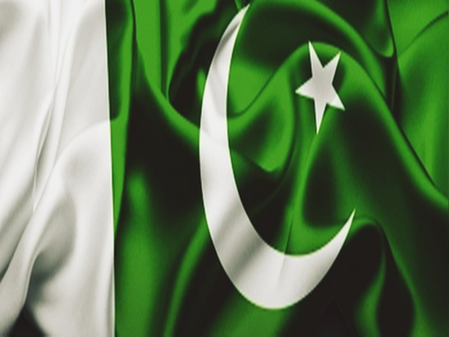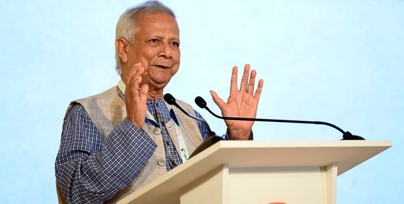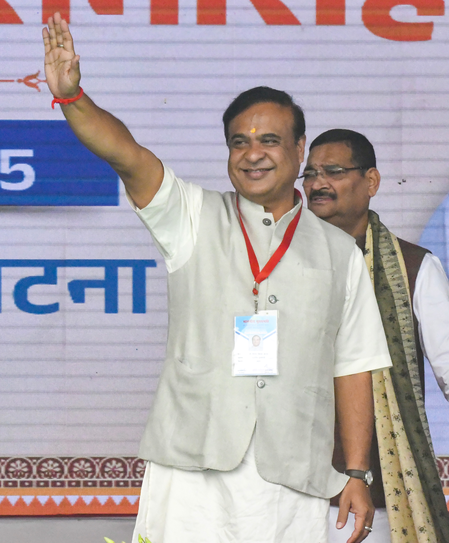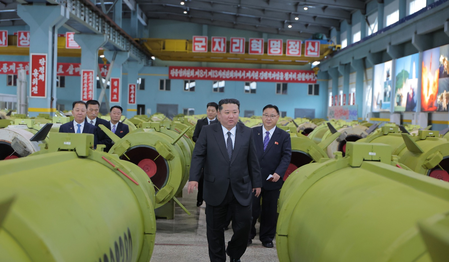
New Delhi, Nov 26 (IANS) A new 186-page report by the International Monetary Fund (IMF) has again highlighted an uncomfortable reality: Pakistan’s economic troubles are mainly the result of internal weaknesses, not outside pressure.
The report says corruption, weak institutions, and powerful vested interests have pushed the country to the edge of economic collapse, according to Pakistan Observer website.
According to the IMF, corruption affects almost every level of governance in Pakistan. Policymaking is often controlled by influential groups that use state institutions for personal gain.
The report said Pakistan has no reliable system to measure corruption, but one indicator is the National Accountability Bureau’s recovery of 5,300 billion rupees in just two years.
Even this massive figure, the IMF says, represents only a small part of the bigger problem, as per the report.
The report states that ordinary people face corruption in everyday services, while the judiciary is widely seen as compromised.
Public trust in state institutions has been steadily falling. It also notes how powerful business and political groups manipulate regulations and laws to protect their interests.
The IMF cites the 2019 sugar crisis as a clear example. Influential business networks hoarded sugar, increased prices, and moved billions through fake accounts, while the state did little to stop them.
Beyond such scandals, the IMF points to deeper structural issues such as a complicated tax system, weak financial management, non-transparent government buying processes, and poor performance in public institutions.
It says Pakistan could add 5 to 6.5 percent more GDP growth over five years if it implements serious governance reforms.
The IMF report also highlights that corruption in Pakistan is not new. Both civilian and military governments have promised reforms but ended up creating new forms of misuse.
Many leaders dismiss corruption allegations as political attacks, which allows the problem to continue unchecked.
The IMF’s findings, however, cannot be brushed aside as political — they are based on independent analysis.
The report warns that unless Pakistan breaks the power of strong business families, political dynasties, and elite groups, the country will remain in crisis.
Citizens pay heavy taxes and high utility bills, yet public wealth benefits only a small group.
The IMF says this imbalance harms not just the economy but also the moral foundation of the country.
The report also points to global examples where strong action against corruption led to major reforms.
Countries like China, Japan, South Korea, Singapore, Saudi Arabia, the UAE, Malaysia, Indonesia, and Rwanda have punished powerful officials, business leaders, and even former presidents. Their common principle is that no one is above the law.
For Pakistan to follow the same path, the report suggests that accountability institutions must work independently, without political control.
Judicial appointments need transparency. Political influence in state departments must end.
Taxes should be simplified, government procurement must be transparent, and political financing must be regulated so that policymaking reflects public interest, not elite pressure.
The IMF says its report is not meant to punish Pakistan, but to give it one last opportunity to fix its governance system.
If Pakistan continues to borrow from the IMF, then it must also implement the governance reforms recommended in the report.
Those responsible for the current crisis must show restraint and accept accountability.
–IANS
pk




